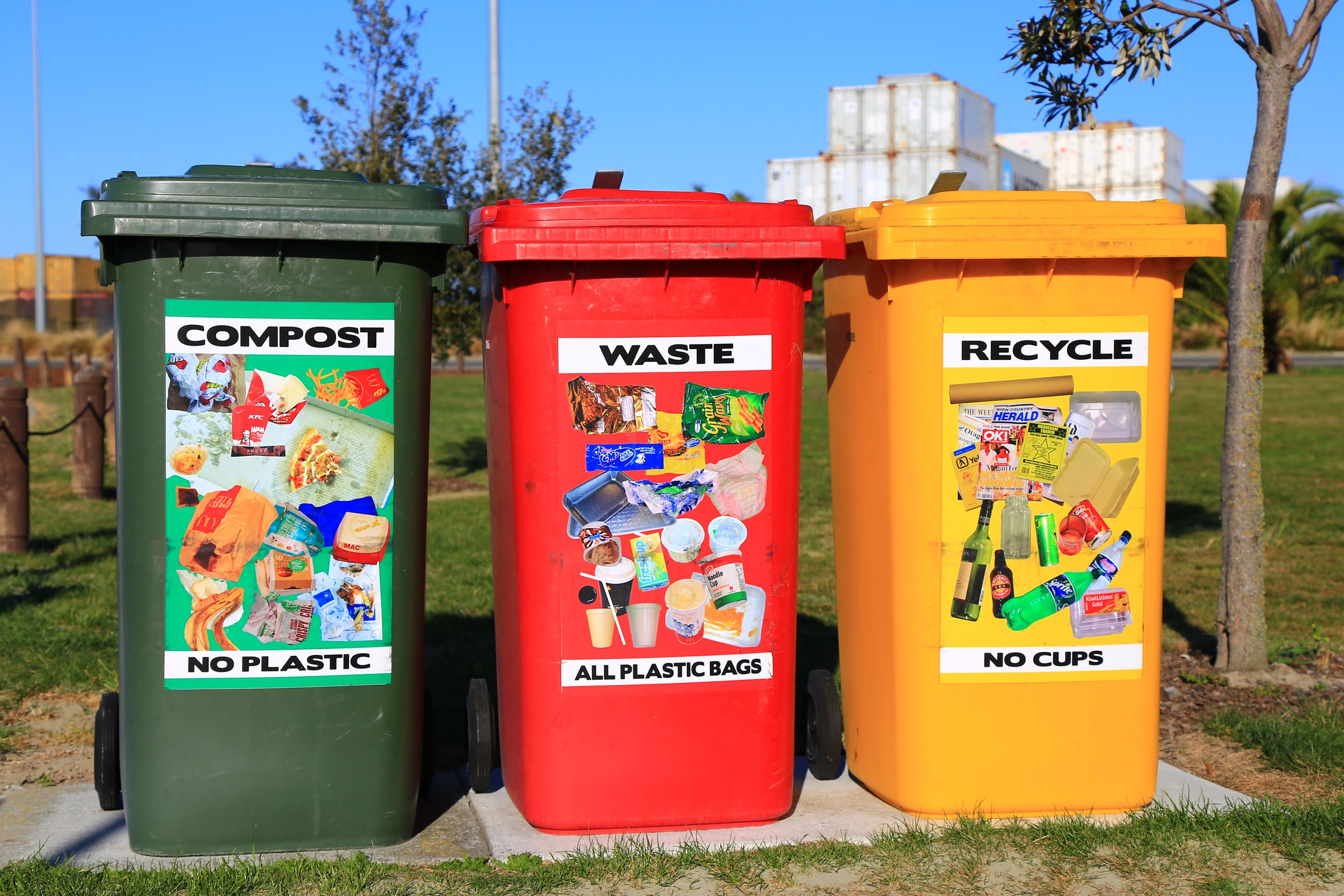What is sustainability? A relevant dictionary definition is, “the quality of not being harmful to the environment or depleting natural resources, and thereby supporting long-term ecological balance.” Naturally, that is a gigantic goal for our descendants to thrive here on Earth.
Hopefully we all know the 3 R’s – Reduce, Reuse, and Recycle – a slogan popularized in the 1970s after the U.S. pulled out of Vietnam.
Now, have you heard of the 5 R’s? Back in 2013, Bea Johnson came out with a book titled Zero Waste Home: The Ultimate Guide to Simplifying your Life by Reducing Your Waste. Within, she adds two more which are Refuse and Rot.
The 5 R’s go in order of Refuse, Reduce, Reuse, Recycle, and Rot. Think you can handle adding the first and last one to your routine? Typing of, let’s break these down.
Refuse: Eliminate waste from the get-go by refusing things like single-use plastics (utensils, straws, cups), free swag you’ll never use, and unnecessary packaging by shopping at farmer’s markets. I’m grateful to live in St. Pete, where we have several each week.
Reduce: Refusing and reducing go hand-in-hand. There are so many choices we can make each and every day to reduce waste. For instance, bring your reusable water bottle everywhere and take fabric bags to the grocery store for packing.
Reuse: Whenever possible, before tossing things in the trash or recycle, let’s see if we can find a way to reuse it! Typically, that means using it for what it was intended (homemade concoction in a kombucha bottle). Now, repurposing requires finding a new purpose for an item that already exists (a few wildflowers in that same kombucha bottle – use it as a vase).
Ever heard of “one man’s trash is another man’s treasure”? If the item no longer has a use for you, donate it to a second-hand store or give it away via the Buy Nothing Project.
Recycle: If we are unable to reuse or donate the item, recycle it! Make sure to check local recycling parameters as I don’t want you getting in trouble with the city. Although recycling is a way to keep materials in circulation, it takes a ton of energy and resources. Some materials have a limit as to how many times they can be recycled!
If companies had return bins outside of grocery stores, especially ones that
utilize a pay-back program, recycling wouldn’t be so heavily relied on. I bet some people would even make recycle-diving a job.
Rot: Compost yard waste and kitchen scraps, basically any organic matter that isn’t meat. Paper should be recycled, unless it is dirty or greasy – in that case, throw it in the COMPOST!
Definitely get some wiggly red earthworms to speed up the process as it can take from 2 months to about a year. Viola – this dark-brown, crumbly compost that smells like earth will help you grow veggies, fruits, and even flowers!
Those are the 5 R’s! Now, let’s do our best to follow these steps, in order, and make an impact. These steps might not seem like much but, if everyone practices sustainability imperfectly, global warming will take a lot longer to devour our planet.
